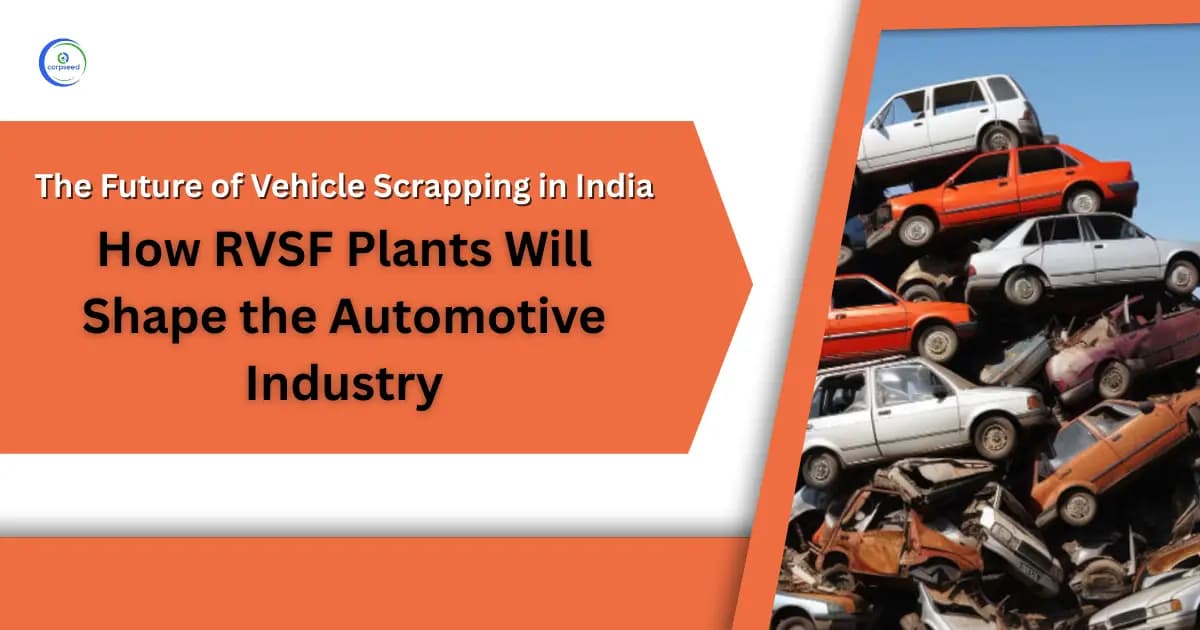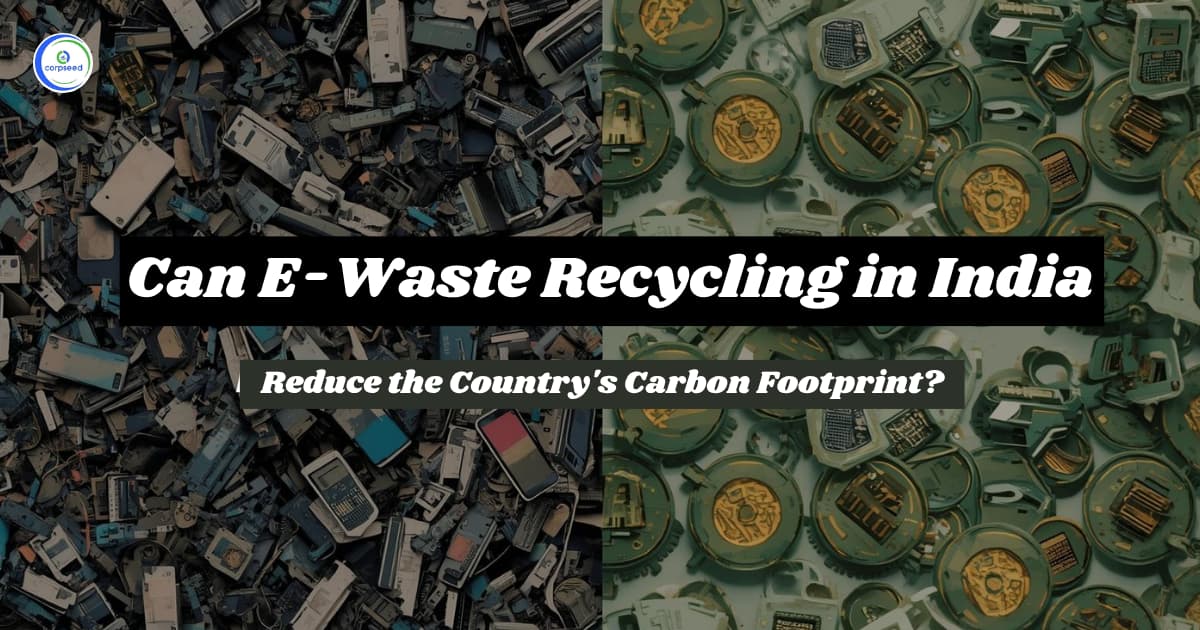
Loading...

One of the main goals of the RVSF is to reduce the environmental impact caused by older vehicles. With a focus on safe disposal and recycling, these facilities will ensure hazardous materials are handled properly, preventing harmful emissions and pollutants from entering the environment.
About the Author

Mahek Sancheti, BAJMC graduate with a deep passion for writing. As a content writer, video content creator, creative content creator, and scriptwriter, I bring stories to life through words and visuals. I honed my skills by working with a prominent news agency, where I excelled in crafting compelling narratives and engaging content. Coming from a journalism and mass communication background I have skills to craft engaging narratives that captivate audiences. With a keen interest in writing and creativity, I aim to deliver impactful and meaningful content that resonates with diverse audiences.
Related articles

How to Start a Plastic Recycling Business in India: Step-by-Step Guide (2026)
2026-02-05

Can E-Waste Recycling in India Reduce the Country's Carbon Footprint?
2025-11-04

Transboundary Movement Certificate and Waste Management Rules
2025-09-29

Import of New Lead Acid Battery in India | License, HS Code, and Policy
2025-09-26

Incentive Scheme to Promote Critical Mineral Recycling: Cabinet Approves Rs. 1,500 Crore Push
2025-09-08

How to Set Up a Tyre Recycling Plant in India?
2025-08-18
Delhi Legal Metrology (Enforcement) Amendment Rules, 2026
2026-02-24 • 0 views
2023-02-27
2026-02-25